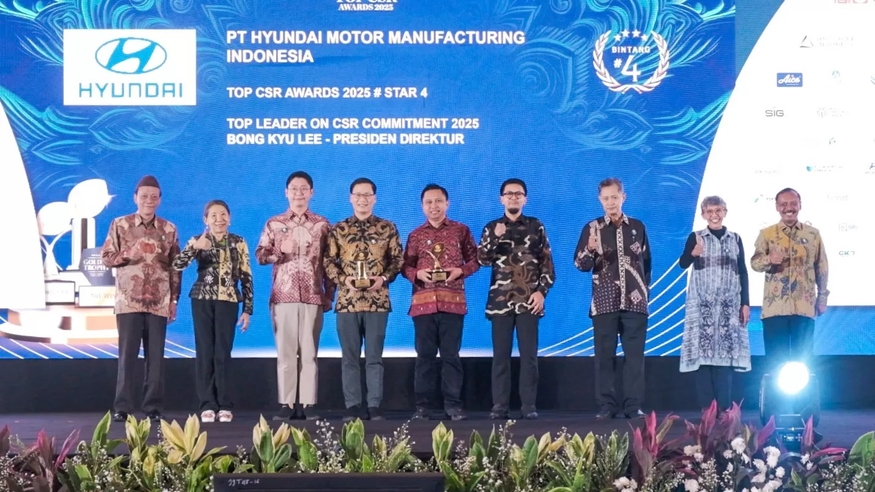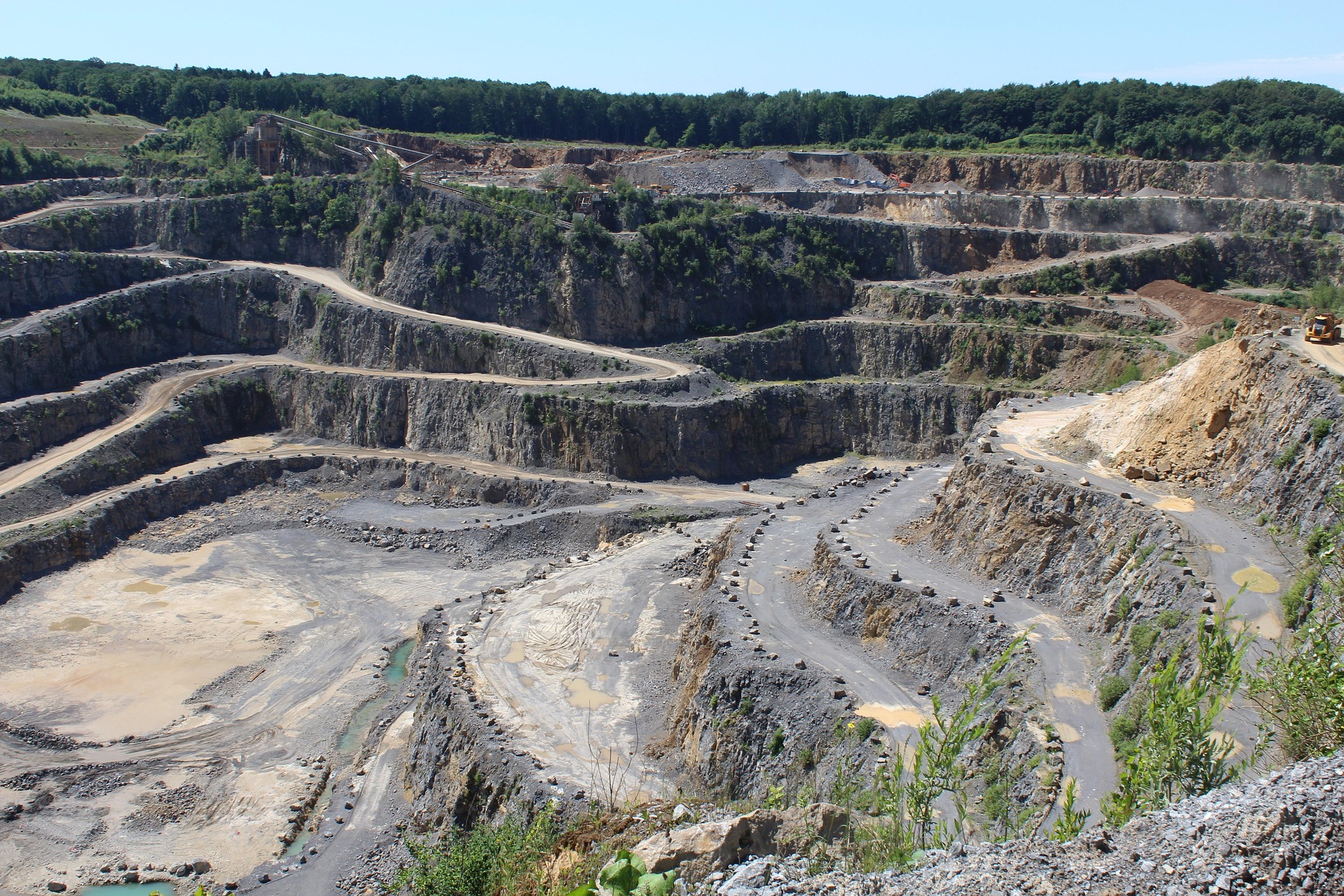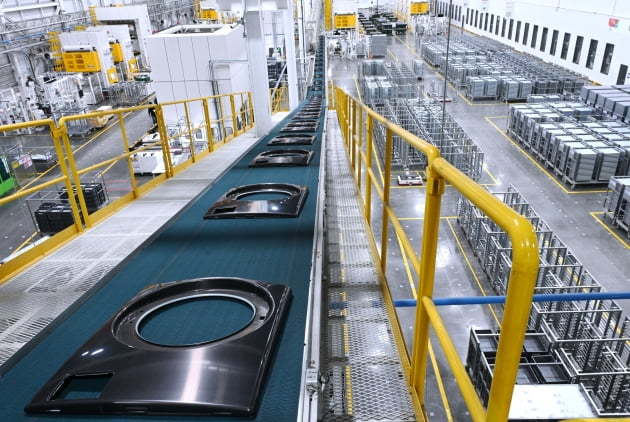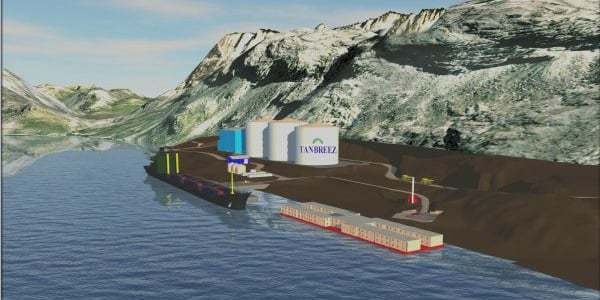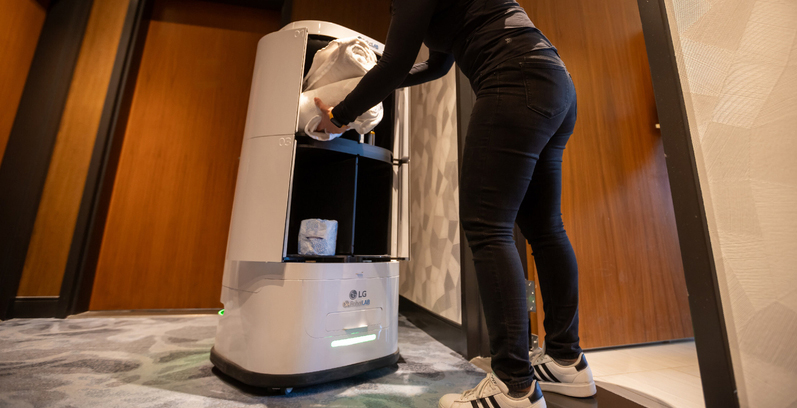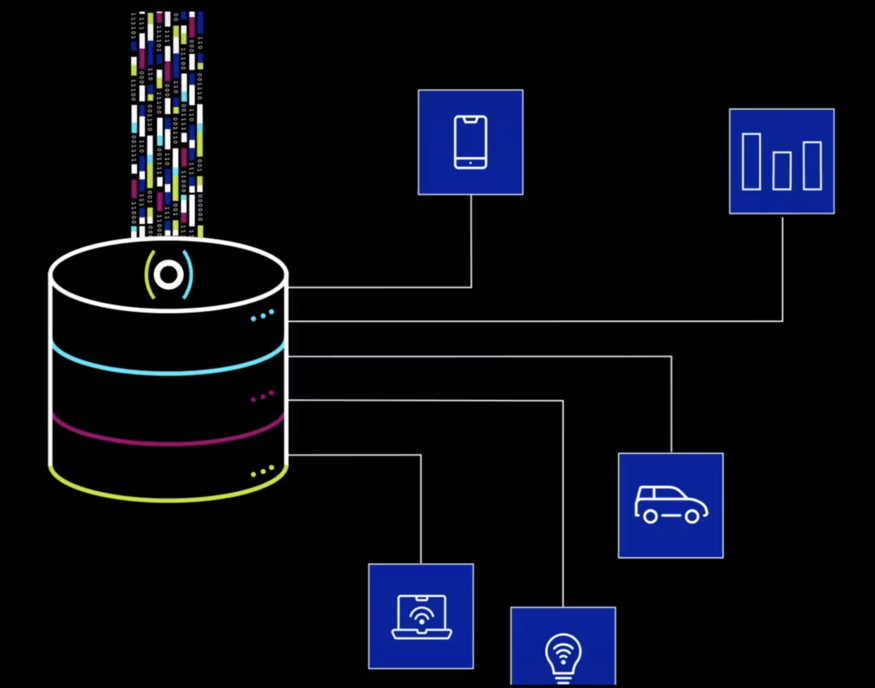
The federal government has voiced support for developing what could become the country’s second rare earth mine, signaling renewed efforts to strengthen domestic critical mineral supply chains.
Several media outlets report that Interior Secretary Doug Burgum said in a June 8 interview with Fox News that the Colosseum Mine project in California represents “a pivotal step toward enhancing the nation’s critical mineral supply.”
Located about 6.2 miles north of Mountain Pass—the only currently operating rare earth mine in the United States—the Colosseum site was acquired in 2021 by Australian mining company Dateline Resources.
While official resource estimates have yet to be released, the company believes the site shares key geological traits with Mountain Pass.
Dateline stated that the Colosseum project is better positioned than other domestic deposits to quickly contribute to the secure supply of rare earths, which are essential for advanced technologies and national security.
A recent report from the National Minerals Information Center (NMIC), part of the Geological Survey, found that the country remains heavily dependent on China for dozens of key non-fuel minerals.
Of the 54 minerals analyzed, 36 were classified as high-risk, and 24 of those are primarily produced in China—indicating a 66% dependency rate for high-risk materials.
The urgency around domestic development has grown amid rising geopolitical tensions. On April 4, China imposed new export controls on seven rare earth elements critical to electric vehicles, semiconductors, aerospace, and defense.
The affected elements include dysprosium, samarium, gadolinium, terbium, lutetium, scandium, and yttrium—all of which play critical roles in magnets, contrast agents, lasers, and advanced alloys.



